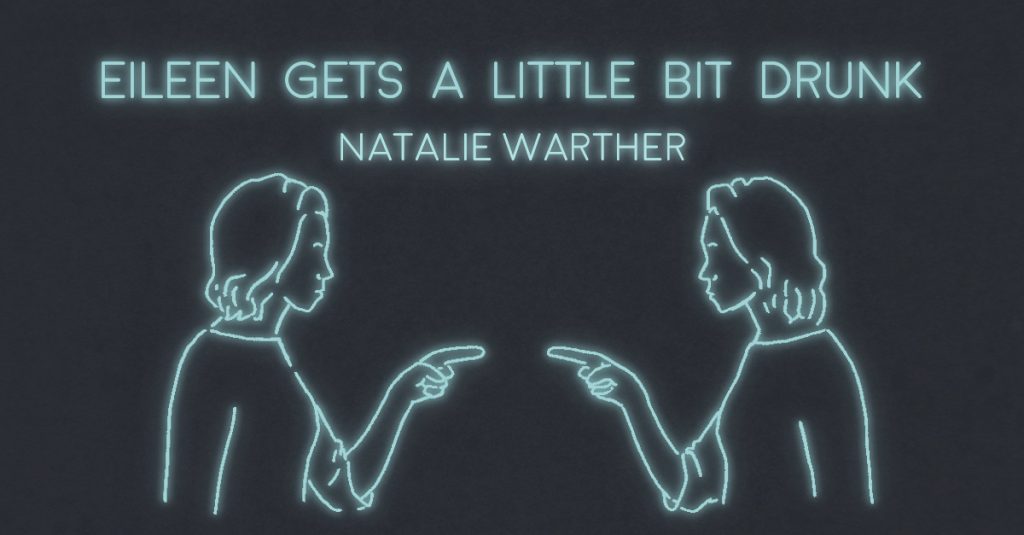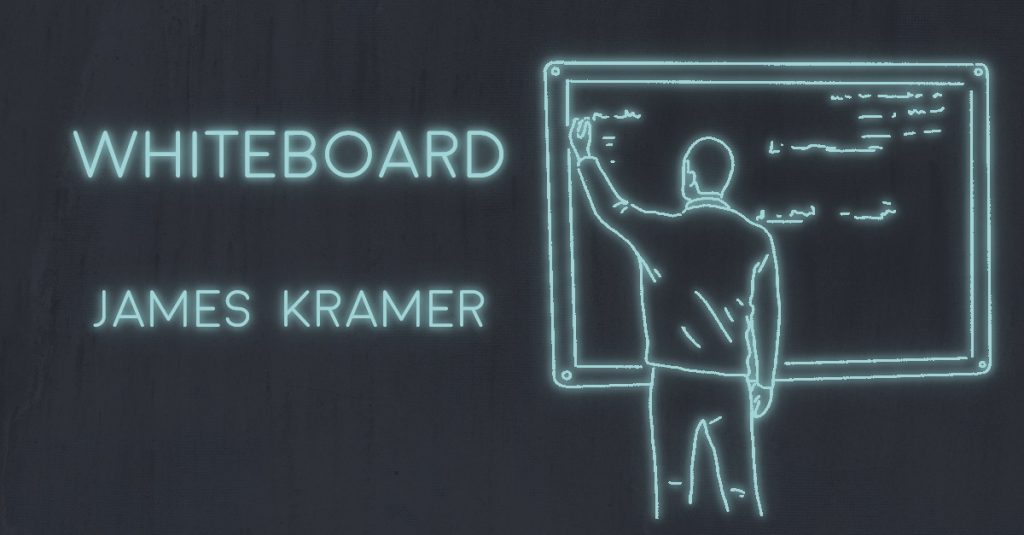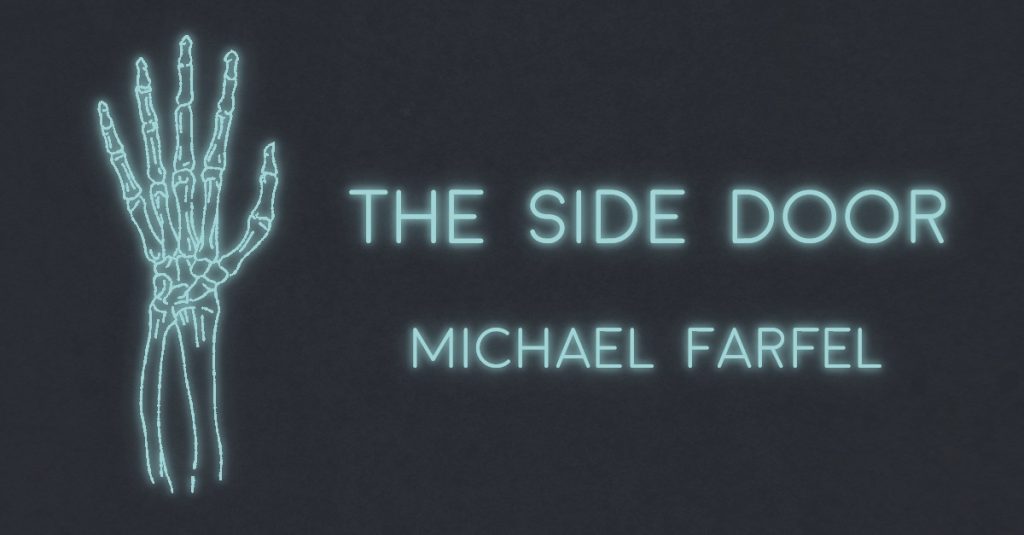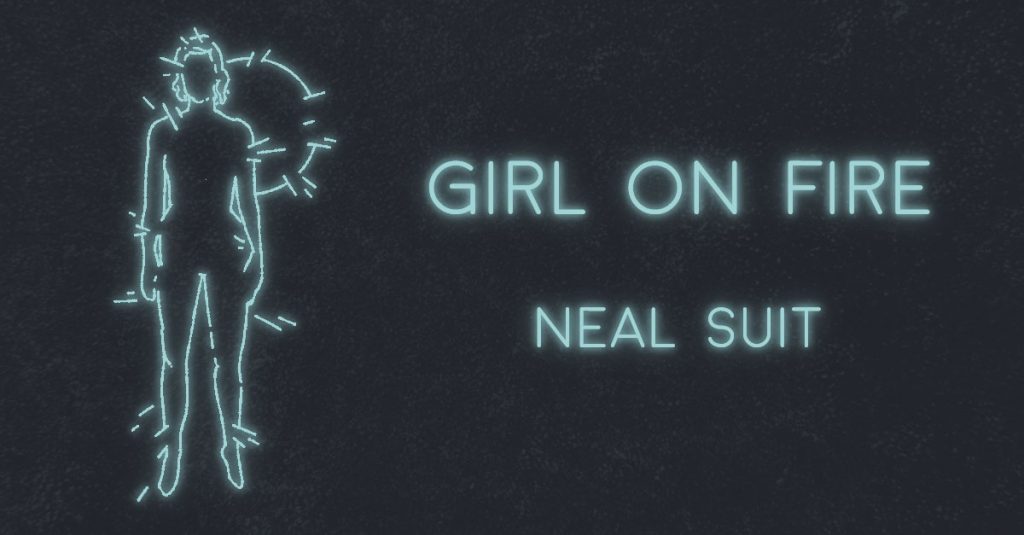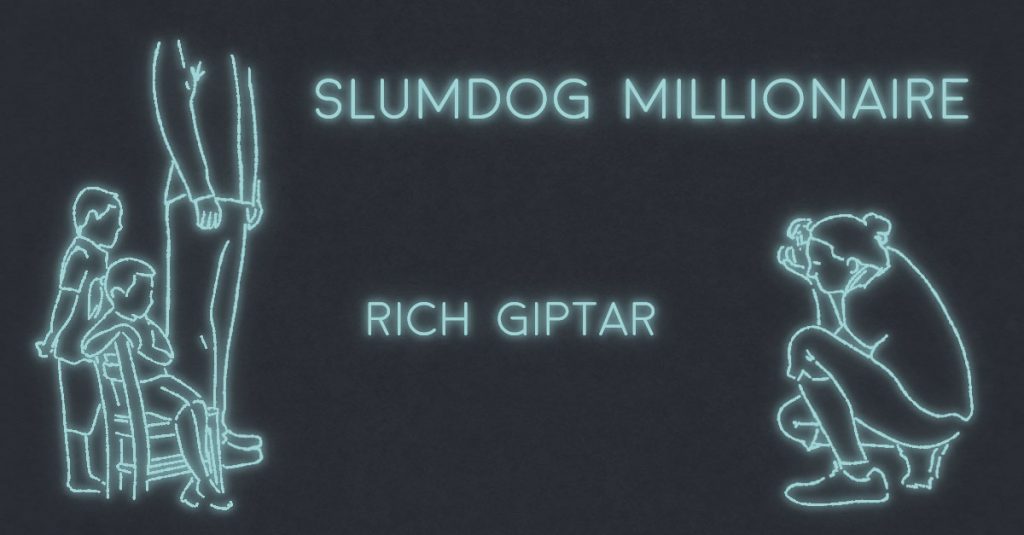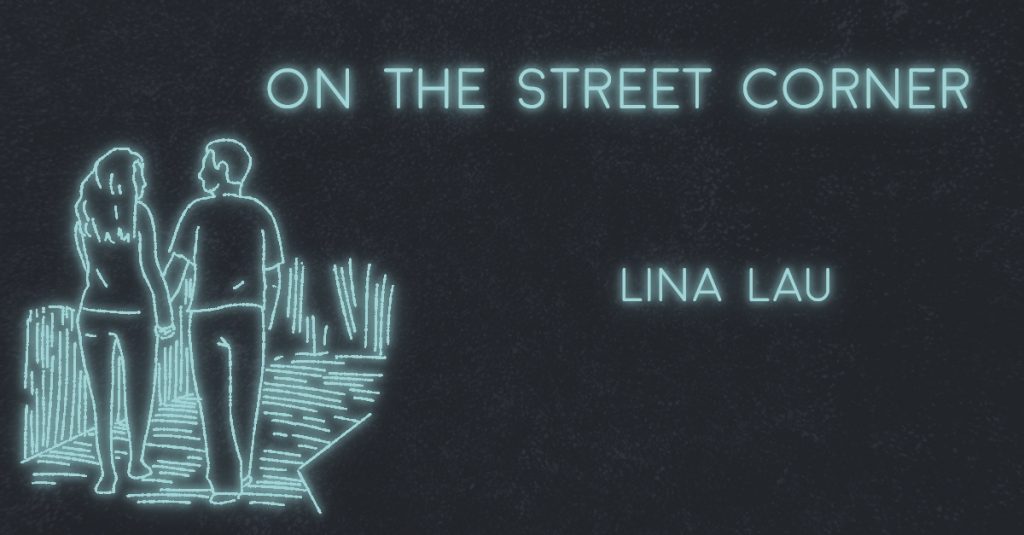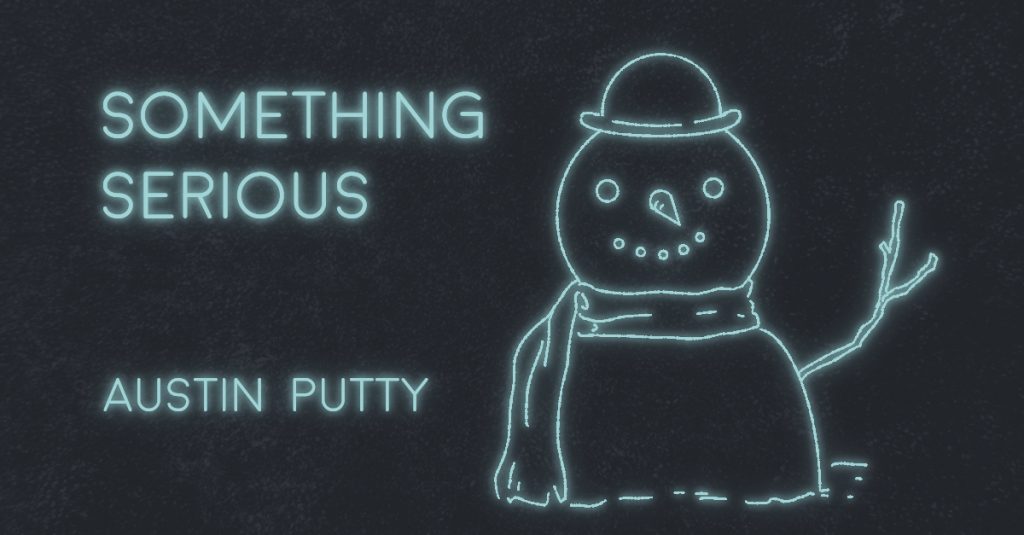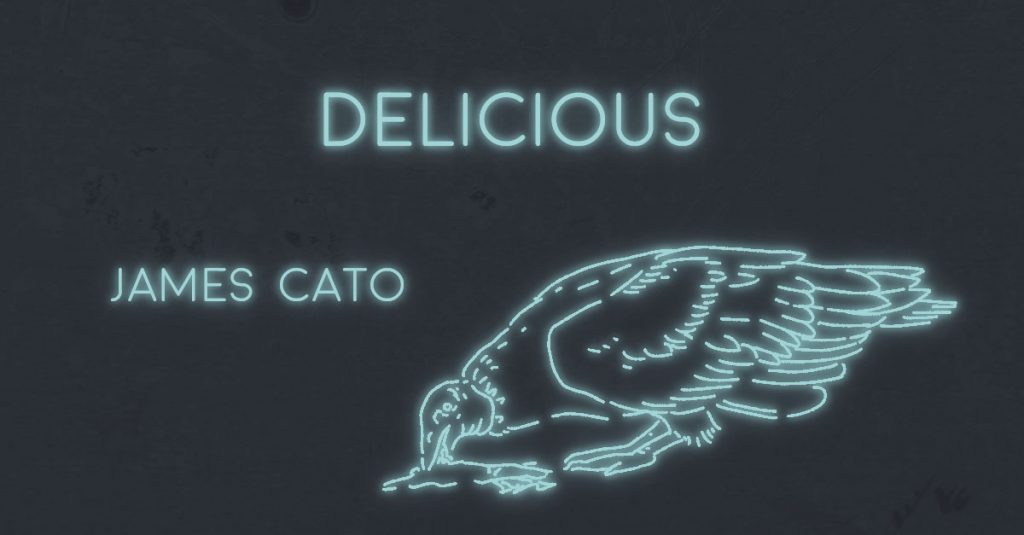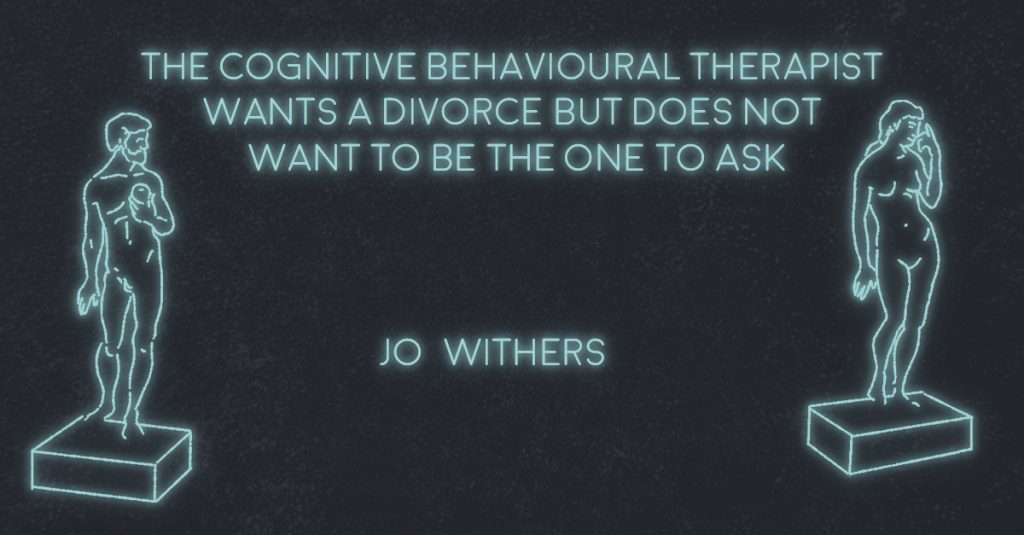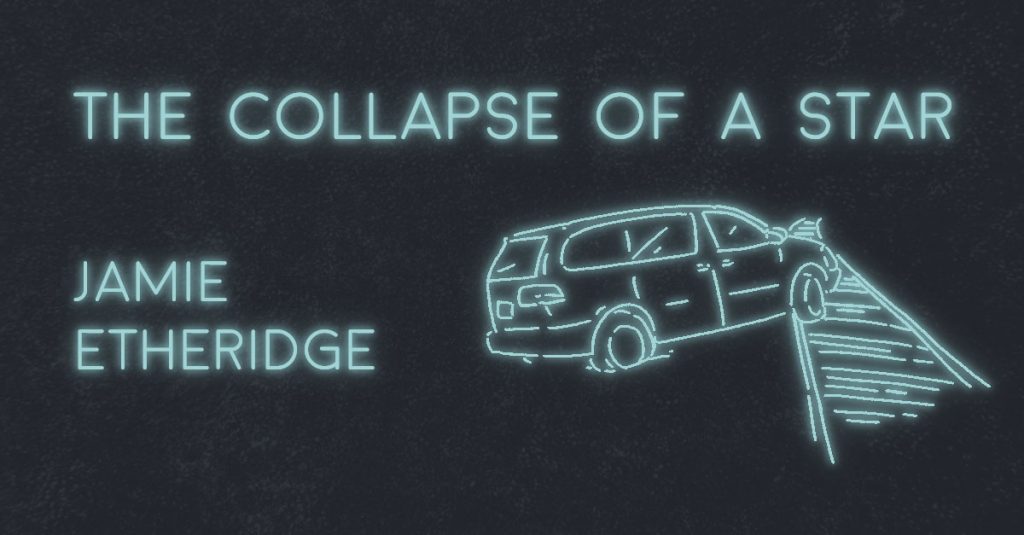
THE COLLAPSE OF A STAR by Jamie Etheridge
We sit in the van parked on the railroad tracks not knowing if the train is coming, or if you are going. You want to die. You said so and we believe you. Momma cries out, “Bill, please,” over and over and we wait, inhale then hold, for you to decide. It was always like that. Random moments of drama; life or death, on the side of the road. That time in Texas in the middle of the worst blizzard in thirty years. The truck’s engine exploded and we were stuck, freezing, as semis whooshed past on the highway and…

